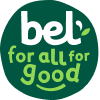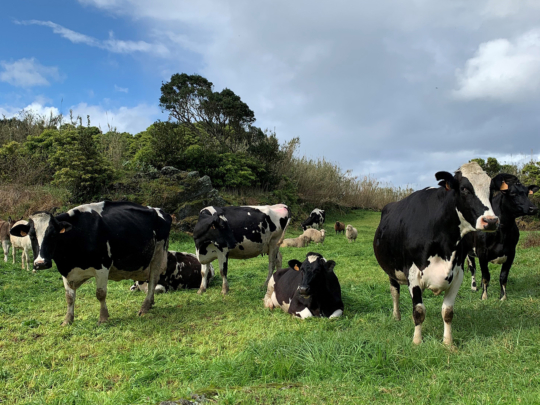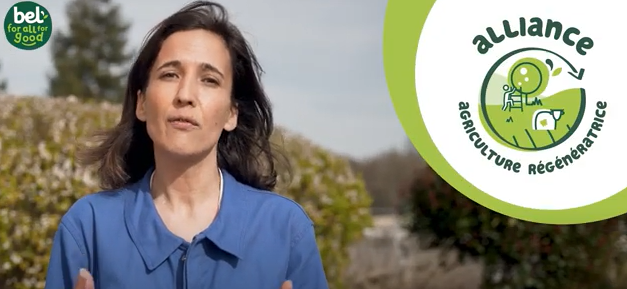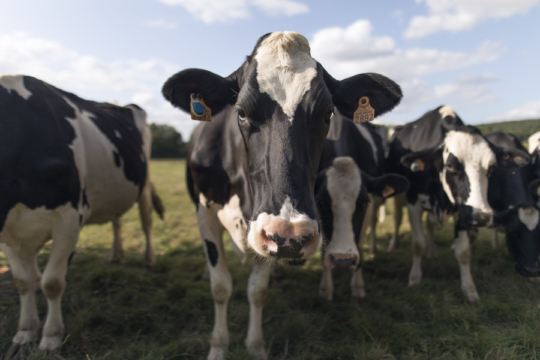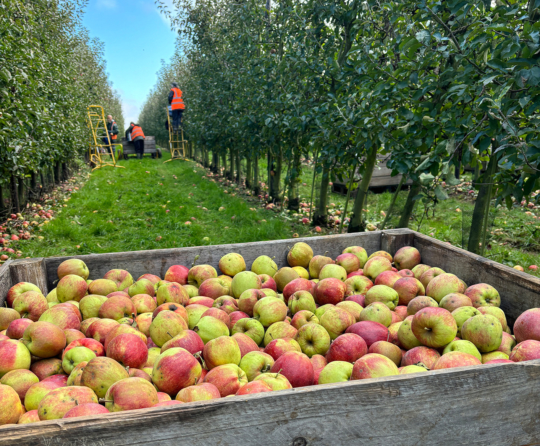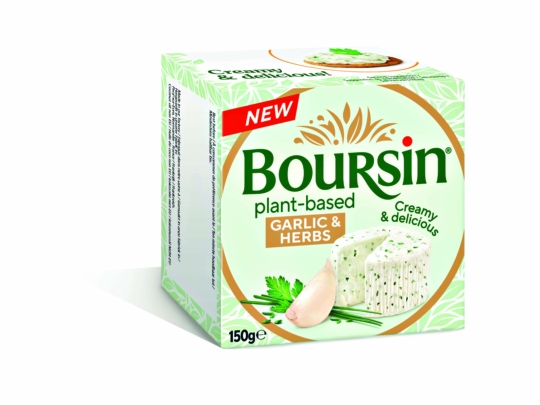Our Commitments
REGENERATIVE AGRICULTURE
Reconciling the need to feed 10 billion people by 2050 with the need to protect the very soils that sustain us is one of the greatest challenges facing the agri-food sector. We believe regenerative agriculture is part of the answer. Why? Because its holistic approach tackles today’s environmental challenges head-on—while ensuring sustainable food production. It is built on principles that put soil health at the heart of agricultural performance. It relies on practices such as minimal soil disturbance, permanent soil cover, crop rotation, reduced use of chemical inputs, increased natural and ecological habitats, and the integration of organic matter and livestock. Through these practices, it contributes to regenerating soils, mitigating climate change, preserving biodiversity and water resources, and fostering the resilience of farms.
SUPPORTING FARMERS IN THEIR TRANSITION TO REGENERATIVE PRACTICES WITH THE ALLIANCE
Lancement de l'Alliance pour l'agriculture régénératriceOUR ECOSYSTEM APPROACH TO RESPONSIBLE SOURCING
At Bel, we aim to be a catalyst for the food transition and the transformation of farming practices. As a key player in the food ecosystem, we believe it’s our responsibility to support and guide our partner producers—whether in dairy or apple farming—as they shift their practices and adopt regenerative methods. That’s why we’ve been working for several years on transforming agricultural models, notably through our Charter for Sustainable Dairy Farming, co-signed with WWF France, and our commitment to sourcing apples from eco-responsible orchards in France.
Today, we want to go further. With the support of WWF France and Earthworm Foundation, we’ve developed a comprehensive reference framework for regenerative agriculture—one that embraces three essential pillars: environmental, social, and economic.
Our goal is ambitious: by 2030, we aim to source 100% of our milk and apples from farms transitioning to regenerative agriculture. To make this a reality, we’re committed to supporting farmers as they shift toward more environmentally respectful practices—while taking into account the unique characteristics of each region and agricultural sector. We provide farmers with the support, resources, and knowledge they need to adopt more responsible methods, all with one clear purpose: protecting our planet for future generations.
We firmly believe that driving meaningful and lasting change requires mobilizing every player across the entire value chain.
That’s why we launched the Alliance for Regenerative Agriculture a collective effort to catalyze and accelerate the adoption of regenerative farming practices.
"The Alliance for Regenerative Agriculture is open to all who, like our Group, believe that we must join forces and build a movement to make regenerative agriculture the standard everywhere and for everyone."
AN ALLIANCE FOR REGENERATIVE AGRICULTURE
Convinced that meaningful and lasting transformation requires the involvement of all players in the agri-food sector, we initiated and launched the Alliance for Regenerative Agriculture in March 2023. This open, collaborative coalition brings together the entire value chain: cooperatives, farmers, livestock breeders, distributors, experts, NGOs, and industry leaders. All are united in their commitment to promote the adoption of regenerative farming practices, support their implementation, and accelerate the transition toward an agriculture that respects nature, sustains food production, and strengthens the resilience of farming systems.
